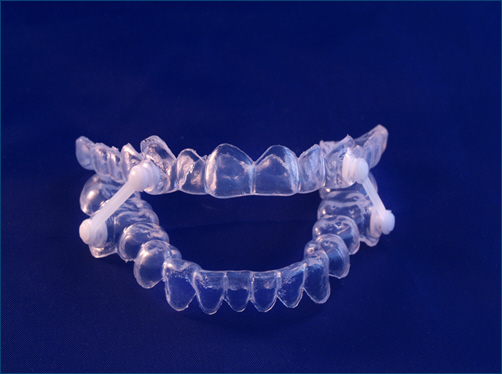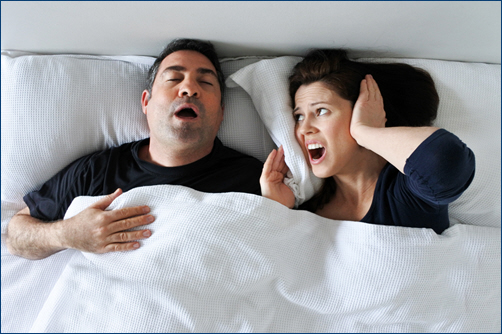How Sleep Apnea Affects Your Health and How Dental Appliances Can Help
Sleep apnea is a sleep disorder characterized by repeated interruptions in breathing during sleep. These interruptions, known as apneas, can last from a few seconds to a minute. And they occur when the muscles in the throat relax excessively, blocking the airway. This condition can significantly impact your health and quality of life. In some cases it leads to a range of symptoms and complications if left untreated.
Health Implications of Sleep Apnea
- Daytime Fatigue: One of the most common symptoms of sleep apnea is excessive daytime sleepiness. The frequent disruptions in breathing prevent the sufferer from achieving restful, restorative sleep, leading to fatigue, difficulty concentrating, and increased risk of accidents.
- Cardiovascular Issues: Sleep apnea is associated with an increased risk of cardiovascular problems, including hypertension, heart disease, and stroke. The repeated episodes of low oxygen levels during sleep put additional strain on the heart and blood vessels, contributing to these health issues over time.
- Metabolic and Cognitive Effects: Sleep apnea can also impact metabolism and lead to weight gain or obesity, which in turn exacerbates the condition. Additionally, the disorder is linked to cognitive impairments, such as memory problems and mood disturbances, including depression and irritability.
 The Role of Dental Appliances
The Role of Dental Appliances
- Mandibular Advancement Devices (MADs): Dental appliances, specifically mandibular advancement devices, are designed to treat mild to moderate obstructive sleep apnea. These devices resemble mouthguards and work by repositioning the lower jaw and tongue forward, keeping the airway open during sleep.
- Benefits of Dental Appliances: Dental appliances offer several advantages, including improved sleep quality, reduced snoring, and increased daytime alertness. They are less intrusive than CPAP machines, making them a more comfortable and convenient option for many patients.
- Customized Solutions: These devices are custom-made by dental professionals to fit each patient’s unique oral structure, ensuring maximum comfort and effectiveness. Regular follow-ups with a dentist specializing in sleep apnea are crucial to adjust the fit and ensure optimal performance.
Considerations for Using Dental Appliances
- Suitability: Dental appliances are most effective for individuals with mild to moderate sleep apnea or those who cannot tolerate CPAP therapy. Consulting with a healthcare provider or sleep specialist can help determine if a dental appliance is the right solution for you.
- Compliance and Maintenance: Consistent use and proper maintenance of the device are essential for achieving the best results. Follow your dentist’s instructions on cleaning and storing the appliance to ensure its longevity and effectiveness.
Sleep apnea can have serious health implications if left untreated, but dental appliances offer a practical solution for managing the condition and improving sleep quality. By understanding the benefits and limitations of these devices, you can work with McCracken Family Dentistry to find the most suitable treatment option for your needs. Prioritizing sleep apnea treatment is essential for enhancing your overall health and well-being.

